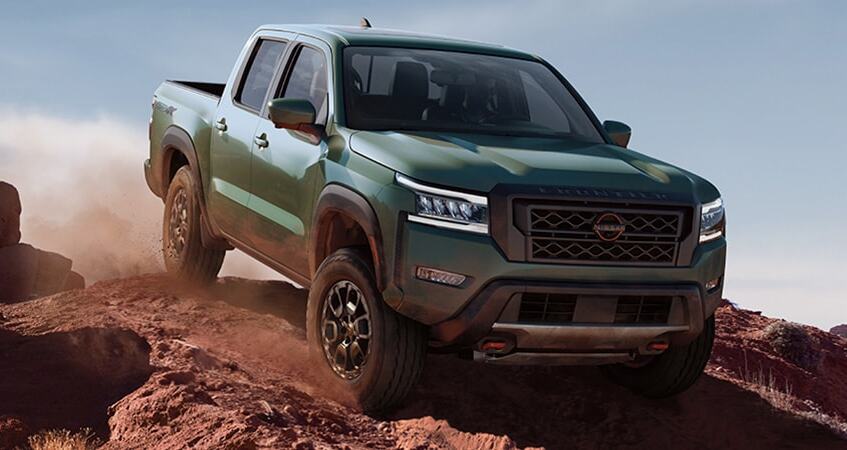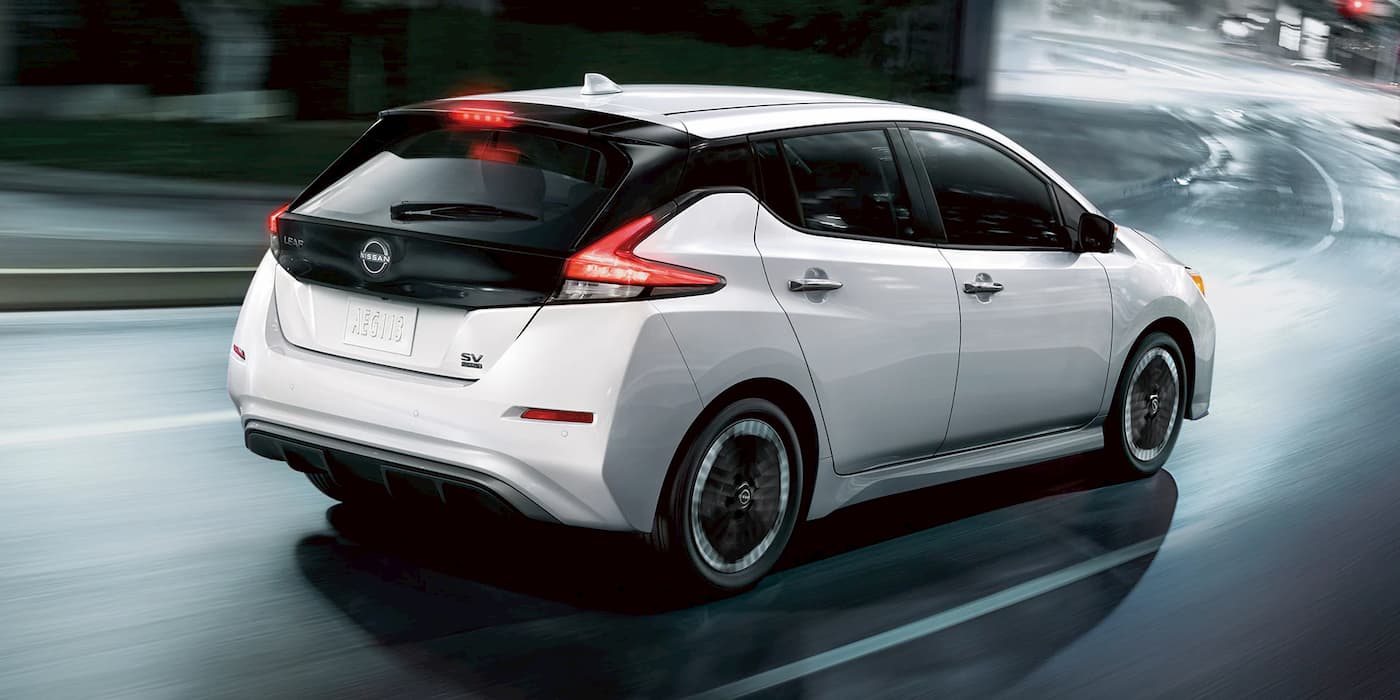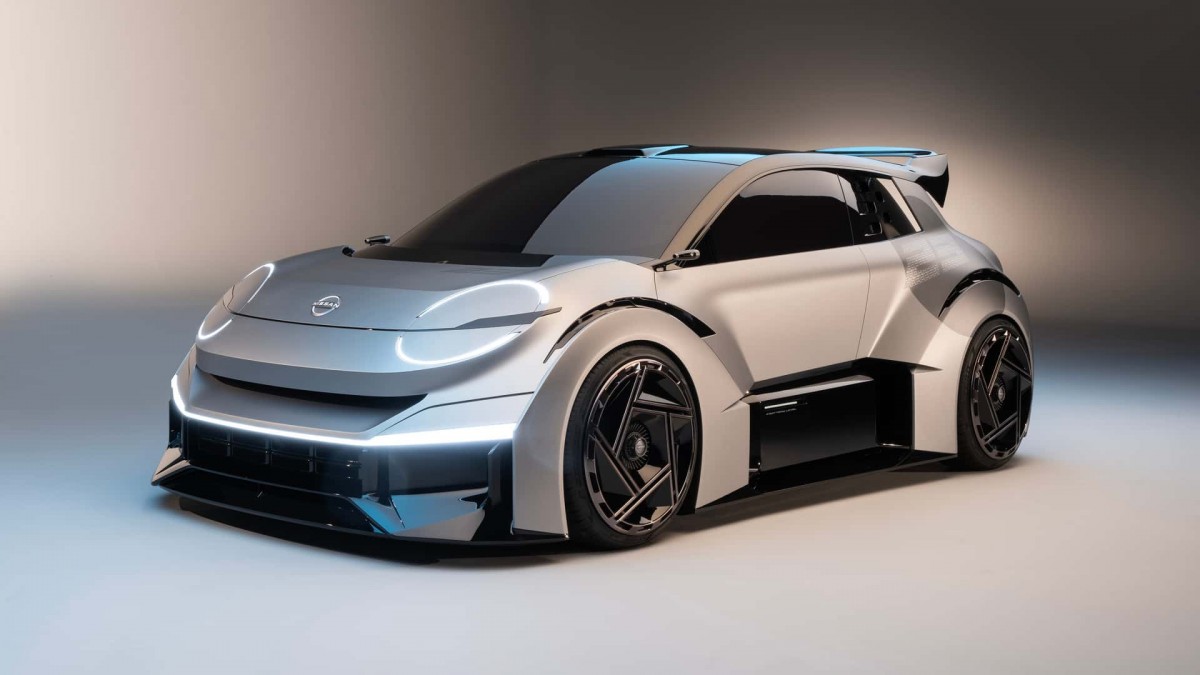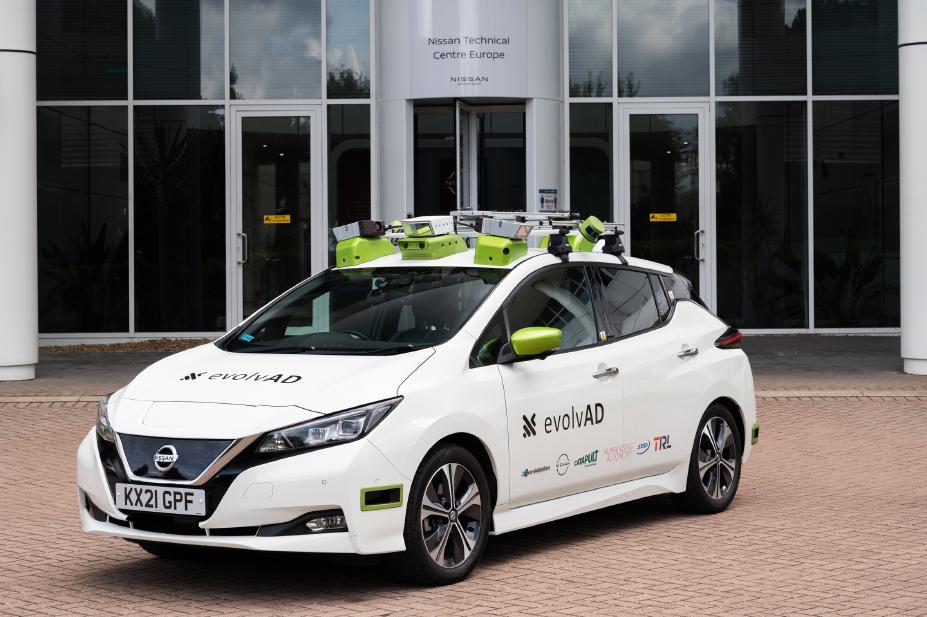In a surprising move, Nissan has opted to prolong the lifecycle of its third-generation mid-size pickup truck, the Frontier, a decision that hints at potential shifts in the automaker’s strategic trajectory. Despite only recently debuting the 2021 Frontier model, Nissan’s decision to extend its production timeline until the 2029 model year has led to speculation about its plans for the future.
Originally slated for a major redesign in 2027, which would have marked the transition to its fourth generation, the Frontier will now continue to be manufactured at the Canton, Mississippi plant for an additional two years. This decision, as outlined in an internal memo viewed by Autonews, raises questions about Nissan’s intentions for its upcoming truck iterations.
Industry insiders point to a noteworthy factor influencing this decision: the Mississippi plant’s upcoming shift towards producing electric vehicles (EVs). By postponing a significant model update in 2027, a period coinciding with the plant’s EV production ramp-up, Nissan avoids potential disruptions and resource allocation challenges.
However, experts within the supply chain suggest that this shift in scheduling conceals deeper strategic motivations. If Nissan’s transition to EV production proceeds favorably, there is speculation that the automaker might consider phasing out the internal combustion engine (ICE) Frontier by 2029, only to reintroduce it as an all-electric model in 2030.
While extending the availability of the ICE Frontier could serve as a financial buffer to facilitate the cost-intensive EV production transition—a $500 million investment in the Canton plant for EV manufacturing is already underway—it also affords Nissan an opportunity to refine production processes before introducing an EV contender to the fiercely competitive mid-size pickup market.
Notably, Nissan’s previous exploration of electric pickups is evident through the unveiling of the Surf-Out concept in 2021. This concept vehicle has prompted industry observers to speculate on the automaker’s strategic direction, surmising an emphasis on an affordable electric truck that aligns with mainstream affordability and reinforces brand visibility.
By potentially delaying the electric Frontier’s debut until 2030, Nissan might also harness advancements in solid-state battery technology. This innovation could render the vehicle lighter, increase its range, and expedite charging, rendering it an appealing option on multiple fronts.
As the automotive landscape continues to evolve toward sustainable and electrified solutions, Nissan’s strategic decisions regarding the Frontier lineup undoubtedly merit careful observation. The extended lifecycle of the current Frontier and its potential transition to electric propulsion in the coming years underscore the complex balance between legacy profitability and forward-looking innovation.







